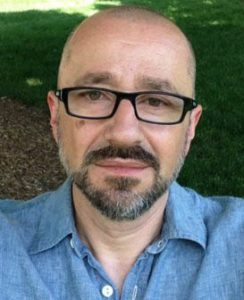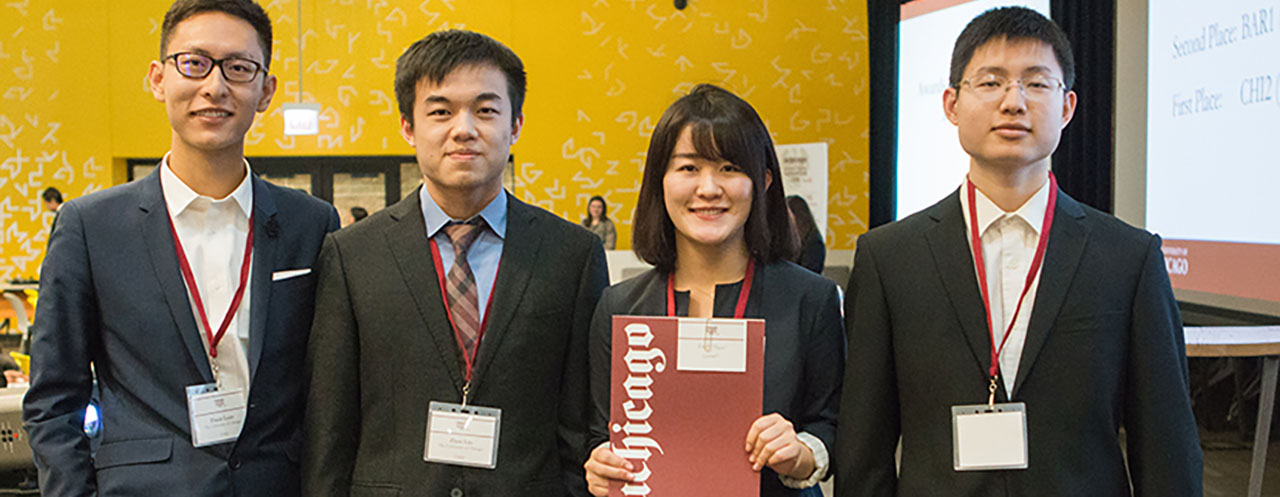
The following is a guest post authored by Alex Preda. He is professor of accounting, accountability and financial management at King’s College London, a TT CampusConnect™ partner school since 2013. His principal research activities relate to global financial markets, and his research interests include: strategic behavior in financial markets; decision-making and cognitive processes in electronic anonymous markets; market automation and trading technologies. His publications include, among others, Framing Finance: The Boundaries of Markets and Modern Capitalism (University of Chicago Press, 2009), Information, Knowledge, and Economic Life: An Introduction to the Sociology of Markets (Oxford University Press, 2009) and Noise. Living and Trading in Electronic Finance (University of Chicago Press 2016, forthcoming).
What makes a good trader? It’s an important question and one that preoccupies those in capital markets. I have the opportunity to interview a number of traders to see if I can determine what makes them tick and what kind of characteristics are essential for success. Here are some of the insights I gleaned.
I discovered that it is more than a trading strategy, available capital or a particular trading philosophy. For these to be effective, they need a firm foundation. I don’t know if I can say someone is born a trader, but I can say there are certain attributes to a trader’s personality that are significant for successful trading and constitute a good trader. If these questions seem more psychological than financial, it’s because they are. Needless to say, these questions preoccupy traders, both institutional and retail, as they try to improve their performance. In similar fashion, interview questions probe candidates to determine if they have what it takes to ensure the success of a trading desk.
Even when the markets were pit traded and physical prowess mattered, height, energy and a loud voice could take a trader just so far. These were trading tools available to some, but they were wasted if the individual lacked the essentials. Today’s tools are electronic and automated, but in the same spirit they are only as good as the individual using them. Even though traders today monitor computers and trading strategies are automated, firms still look for certain qualities that define a trader.
Continue Reading →



